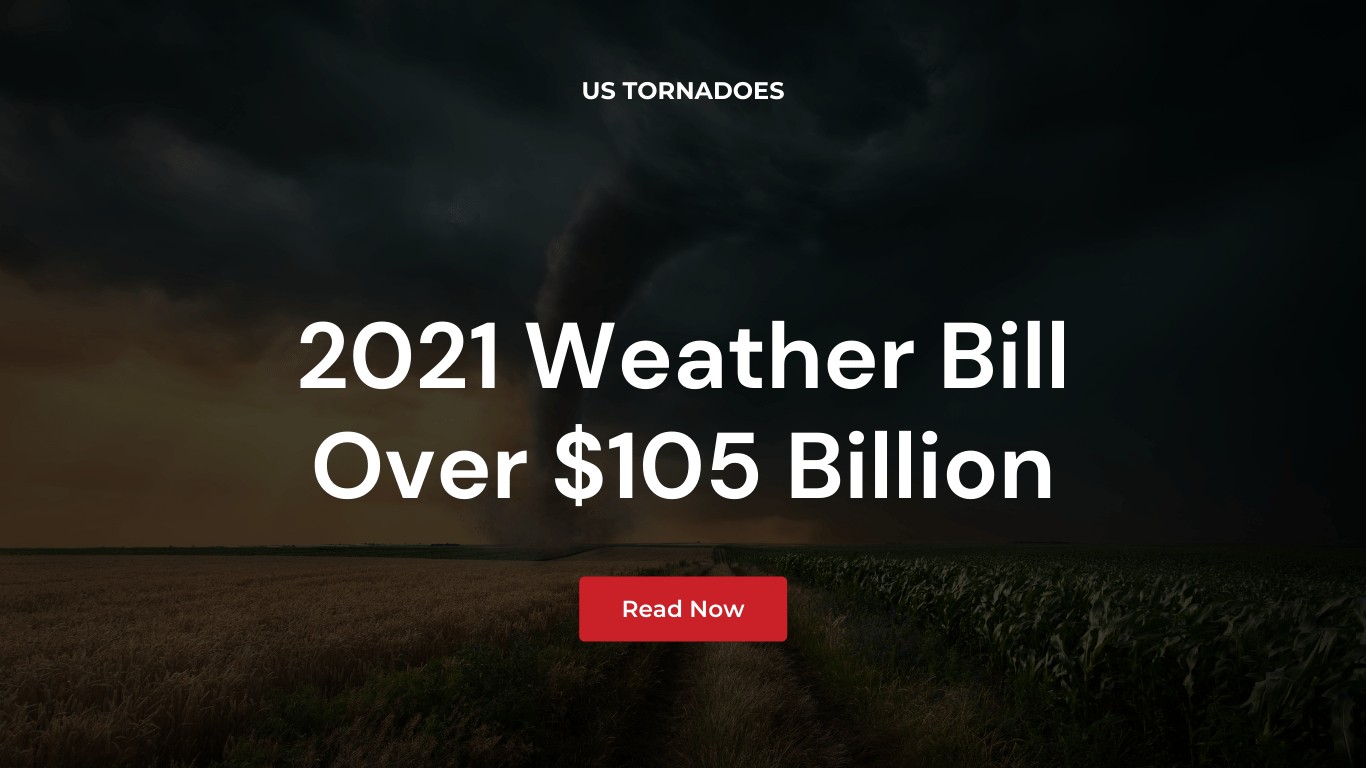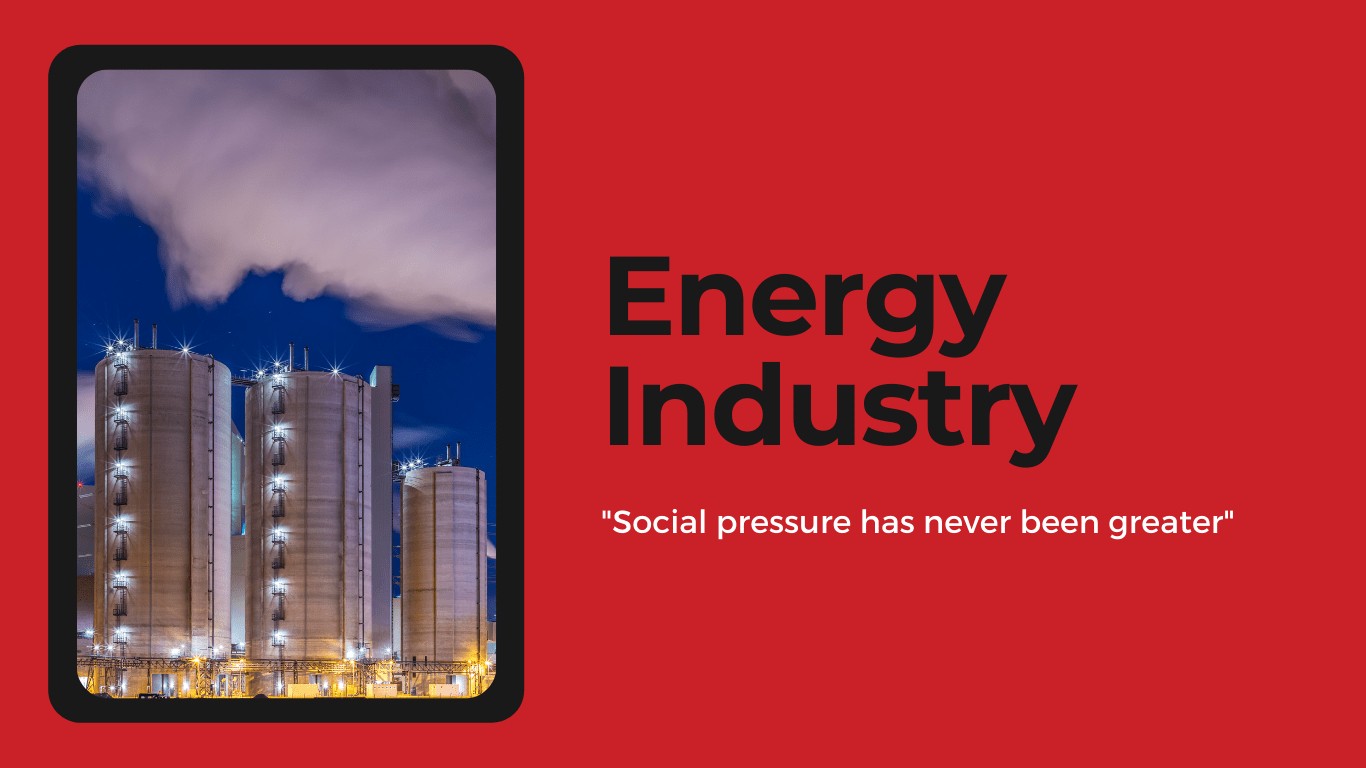
The energy industry in the United States is facing a wide swathe of challenges as it attempts to recover from the impacts of the COVID-19 pandemic. Last week you were reading Price Hikes Expected To Continue In 2022: Alera. This week we’re bringing you:
People Moves: Petersen Named Head of WTW Broking; Moore Joins Olive.com Board; Kinetic Insurance Names 3 Leaders*

Willis Towers Watson Appoints Petersen as Head of Primary Casualty Broking, North America
Insurance broker Willis Towers Watson announced the appointment of Casey Petersen as the head of Primary Casualty Broking for North America. In this role, Petersen will lead the North America primary casualty broking practice, which focuses on risk financing.
Petersen joined Willis Towers Watson in 2005 and has held numerous leadership positions across the Midwest. Prior to this appointment, he led the Midwest casualty broking team. He began his career as a commercial underwriter with Chubb.
Based in Chicago, Petersen will report to Jon Drummond, head of Broking, North America.
Insurtech Entrepreneur Moore Now Executive Advisor to Olive.com
Keith Moore, former chairman and CEO of the digital insurance marketplace CoverHound, and founder of CyberPolicy, CoverHound’s small business subsidiary, has joined the board of directors as an executive advisor of a startup olivbe.com, which offers payment services and online vehicle protection plans.
Broker Brown & Brown acquired Moore previous businesses in November 2020 for an undisclosed price.
Moore has more than 20 years of digital product and marketing leadership experience. Before CoverHound and CyberPolicy, he was general manager at Lending Tree.
US tornadoes push insurers’ 2021 weather bill over $105 billion*

Devastation from tornadoes that slammed parts of the United States this month will push the insurance industry’s 2021 bill for weather-related claims well above the predicted $105 billion, industry experts said, and premiums should rise on worries that climate change will drive more severe weather.
Tornadoes tore a 200-mile path through six states in the Midwest and South, demolishing homes and leveling businesses, causing $5 billion in insured losses, according to preliminary estimates.
Climate change has been driving more so-called “secondary peril” weather events that are smaller than hurricanes, for instance, but less predictable. Other secondary perils include small to mid-size localized events like wildfires, winter storms and hailstorms.
These events create risk management challenges for insurers and ultimately inflate premiums, said some insurance experts.
“We’ve got a year of over $100 billion of catastrophe events without having a big named event, whether that’s an earthquake or a hurricane,” said Barnaby Rugge-Price, chairman of Howden Broking Group.
“Clearly underlying that, something else is going on, of which the most obvious thing is climate change,” he said.
On average, there are 1,500 tornadoes per year in the U.S., with only 25 occurring in December, according to reinsurance broker Guy Carpenter & Co LLC.
The social pressure the energy industry is facing “has never been greater”*

The energy industry in the United States is facing a wide swathe of challenges as it attempts to recover from the impacts of the COVID-19 pandemic. Some of the challenges are universal and existed in the industry before COVID-19, such as supply chain issues and the lack of skilled workers – both of which have been exacerbated during the pandemic. Others are new and related to the social pressures around climate change and the race to net-zero carbon.
“The social pressure that the energy industry is facing, specifically companies operating in traditional fossil fuels, has never been greater,” said Thomas Blanquez, energy broker at Breckenridge Insurance Services, a wholesale brokerage, binding and programs firm. “We’re seeing that pressure everywhere. The Biden administration has backed a green / clean energy initiative, and the banks are being forced to rethink how they lend to traditional fossil fuel companies, which means that the capacity that was once available for capital expenditures is now under significant pressure.”
When the price-per-barrel of oil is in the range of $75-$80, as it has been recently, historically that would have triggered an almost automatic boom in drilling and production, and everyone from service companies to lease operators would race to increase their stake in the marketplace. That has not happened in this pandemic recovery period, according to Blanquez. Rather, the San Antonio, TX-based energy expert said he’s seeing “more discipline” from energy companies as they navigate this new risk landscape.
In particular, this is true of the larger energy companies who have the technology, equipment, infrastructure, and talent to weather the COVID storm. Unfortunately, the same cannot be said for the smaller operators and contractors, said Blanquez, many of whom are struggling to keep up with the market trends without having access to the lines of credit that they once had.
Finding highly affordable leads to keep sales coming in
At iLeads, we have many great solutions for insurance agents at a low cost. If you’d like to see how we can help you bring in consistent sales for a great price, give us a call at (877) 245-3237!
We’re free and are taking phone-calls from 7AM to 5PM PST, Monday through Friday.
You can also schedule a call here.

